Features of varifocal lenses and tips for their selection
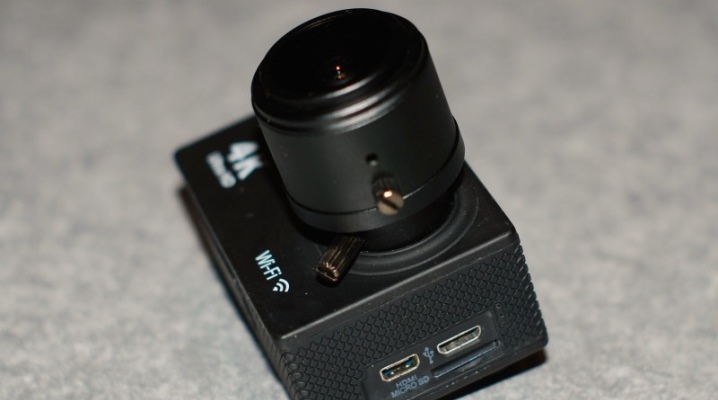
Lenses are presented on the market in different modifications, each of which has its own characteristics and specifications. Depending on the indicators, optics are used in various fields. Varifocal lenses are most often found in video surveillance systems. There are several criteria to consider when choosing such equipment. Let's consider them in more detail.
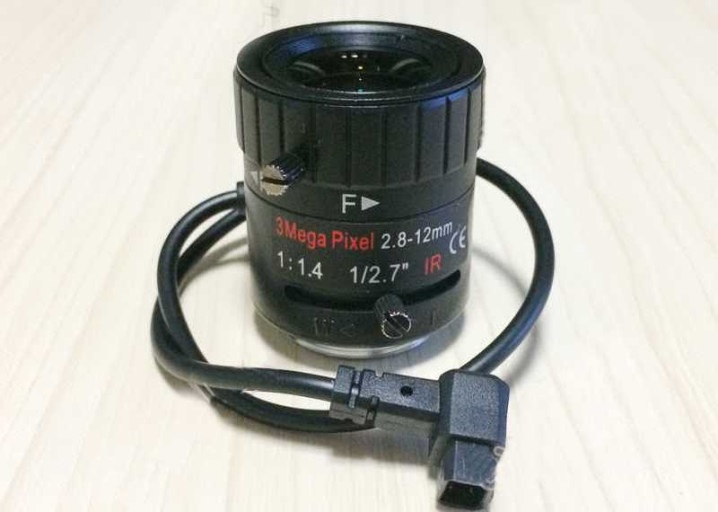
What is it and what is it for?
Varifocal lenses are optical devices that allow you to optimize and change the focal length. The main features of the unit include a number of factors.
The optical lenses in the device are located so that they can be adjusted both manually and automatically. This allows you to correct the angle of view in the frame.
Many models have a range of 2.8-12 mm.
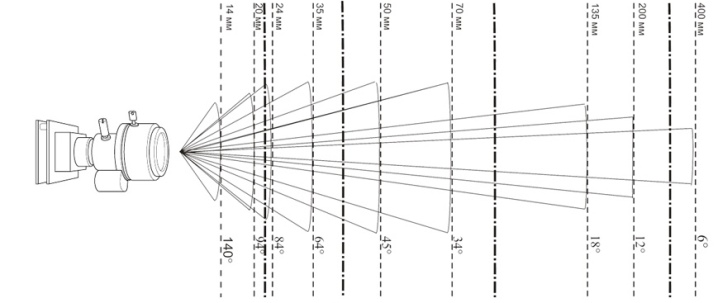
If we talk about static devices, they do not have the ability to adjust. The advantage of a static lens is that it can be applied at 3.6 mm. The key parameter is the focal length, like with any optics. If you need to observe a large object, a wide-angle camera is best.
Such lenses are often installed in parking lots, checkpoints and exits in various shopping centers.
Narrow-beam optics allow you to clearly see a specific object. With such a lens, you can zoom in and get a detailed picture. Often, devices with such optics are used at industrial facilities, in banks and at cash desks. It's safe to say that the megapixel lens is versatile.
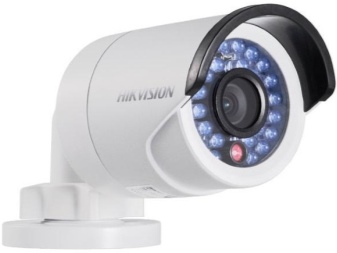
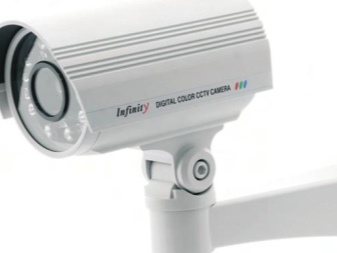
A striking representative of this category of optical devices can be called Tamron M13VM246, which has a manual aperture and a variable focal length of 2.4-6 mm, thanks to which you can get a high-resolution image.
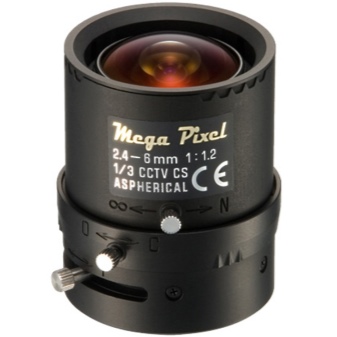
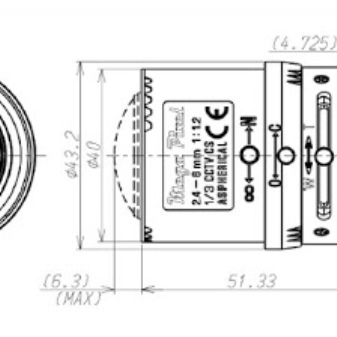
A quality 1/3 megapixel aspherical lens is Tamron M13VM308, the focal length is up to 8mm, and the viewing angle is quite wide.
The aperture is manually adjustable.
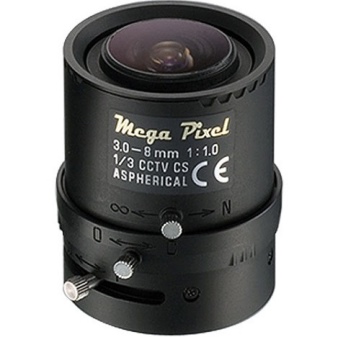
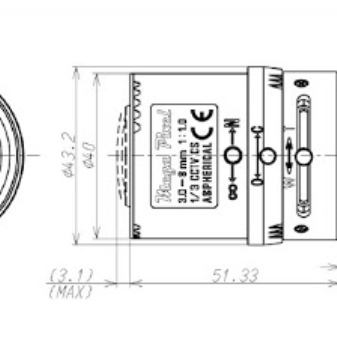
Dahua SV1040GNBIRMP has infrared correction, auto iris and manual focus control. Focal length 10-40 mm. It is a lightweight lens that can produce good images and is inexpensive.
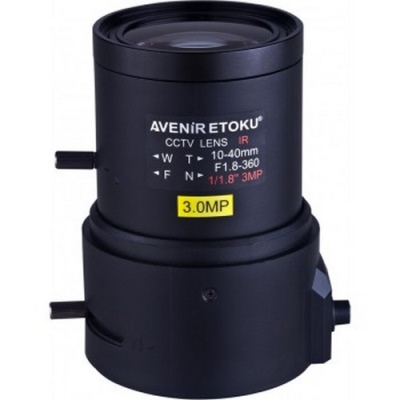
How to choose?
To find a suitable lens, you need to decide on the purpose of its application and operating conditions. The focal length affects the image quality. Optical devices that are used in the production of CCTV cameras are designated F 2.8, 3.6, 2.8-12. The letter F stands for distance, and the numbers for fixed and focal lengths in millimeters.
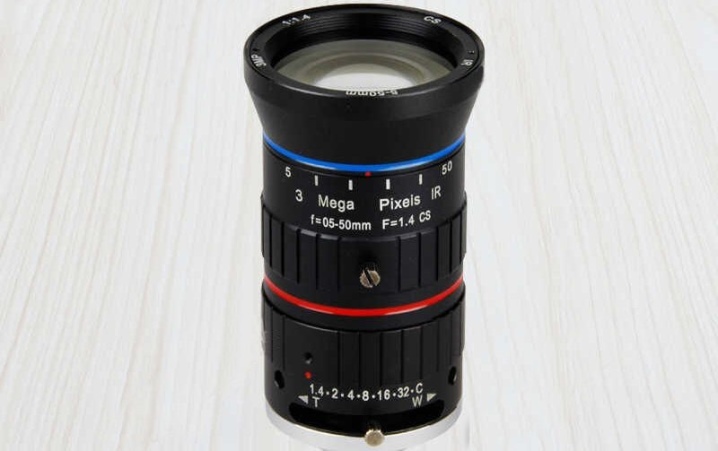
It is this indicator that influences the choice of a variofocal lens. The larger it is, the smaller the viewing angle.
When it comes to installing a camera with a maximum viewing area, it is better to pay attention to optics with F 2.8 or 3.6 mm. For tracking cash registers or cars in a parking lot, a focal length of up to 12 mm is recommended. With this lens, you can manually adjust the camera magnification on site.
You can use an auxiliary tool - the lens calculator. With the help of convenient software, you can get information about what kind of view a particular lens gives. It should be borne in mind that some devices indicate the IR index, which means infrared correction. The contrast of the resulting image is increased, so the lens does not have to constantly readjust depending on the time of day.
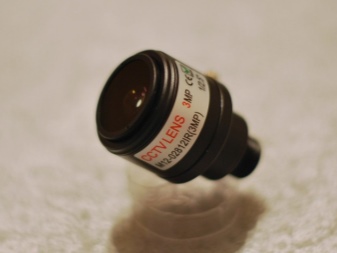
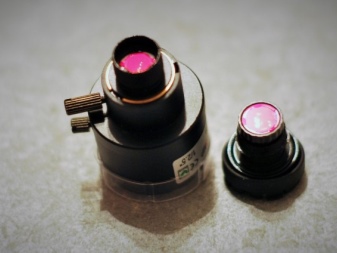
How to setup?
You can adjust the varifocal lens yourself. Editing does not take long, and if you follow the rules, the lens will work as it should. Cameras can be indoor and outdoor. The viewing angle is changed by adjustment. If it needs to be wide - 2.8 mm, you need to adjust the Zoom as far as it will go and adjust the focus. The image on the screen will be oversized.
If you need to focus on a specific detail, record a specific object, the adjustment is made in the opposite direction - the angle will become narrower, and the picture will come closer. All unnecessary things are removed from the frame, and the lens is concentrated on a certain place.
Outdoor vari-focal lenses are adjusted in a slightly different way. This requires a wide angle of view when it comes to tracking territory. First you need to adjust the Zoom, and then make a smooth focus.
The main advantage of such optics is the change in the equivalent focal length. It depends on the peculiarities of the location of the lens, as well as the size of the matrix. While this can be done with a conventional lens, the varifocal can make changes without increasing the size of the mechanism, which is beneficial. Such equipment is not available for standard cameras, although this would facilitate the work of professional photographers, who often have to carry lenses with different parameters. Summing up, we can say with confidence that there is no better option for video surveillance than a varifocal object.
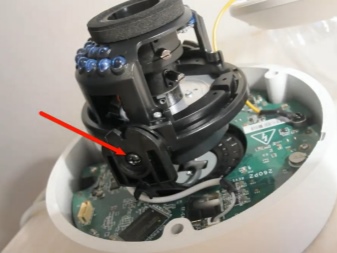
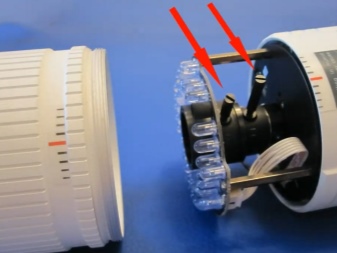
An overview of the variofocal lens for an action camera in the video below.













The comment was sent successfully.